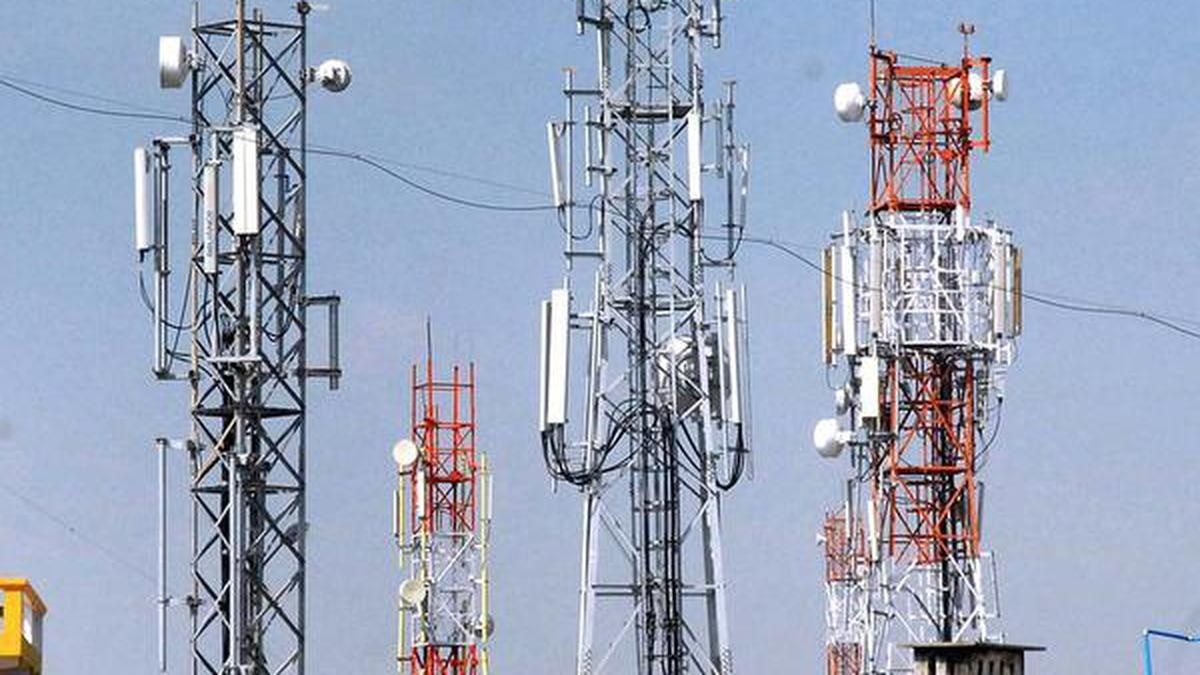Draft National Telecom Policy 2025

- 27 Jul 2025
In News:
- The Government of India has released the Draft National Telecom Policy 2025 through the Department of Telecommunications (DoT), marking a significant update after the 2018 National Digital Communications Policy (NDCP).
- The new draft aims to transform India into a “telecom product nation” through indigenous innovation, sustainable connectivity, and digital inclusion, aligning with broader national goals like Digital India, Make in India, and Atmanirbhar Bharat.
Vision and Strategic Objectives
- The policy envisions universal, meaningful, secure, and sustainable connectivity for all citizens while simultaneously boosting domestic innovation and employment.
- It reflects a shift from viewing telecom as a service enabler to treating it as a critical infrastructure sector capable of driving economic growth and strategic autonomy.
Key Focus Areas
- Universal Connectivity
- Target of 100% 4G coverage and 90% 5G coverage by 2030.
- Increase fiber-connected towers from 46% to 80% to enhance service quality.
- Establish 1 million new public Wi-Fi hotspots.
- Promote satellite internet to bridge digital divides in remote and border areas.
- Employment and Skilling
- Create 10 lakh new jobs in the telecom sector.
- Reskill another 10 lakh existing workers, addressing the evolving demands of the digital economy.
- Strengthening Domestic Manufacturing
- Target a 150% increase in domestic telecom manufacturing by 2030.
- Establish Telecom Manufacturing Zones (TMZs) with integrated infrastructure.
- Support R&D in next-generation technologies, including 6G.
- Include telecom R&D under Corporate Social Responsibility (CSR) activities to encourage private sector investment.
- Cybersecurity and Artificial Intelligence (AI)
- Deploy AI-based tools for proactive cyber threat detection and response.
- Counter generative AI-based attacks and enhance cross-border telecom signal surveillance.
- Use AI-powered chatbots for unified grievance redressal systems.
- Green Telecom and Circular Economy
- Reduce the sector’s carbon emissions by 30%.
- Promote recycling and reuse of telecom equipment to encourage circular economy practices.
- Technological Innovations
- Promote quantum-secure communications to strengthen network security.
- Enable mobile number-based identity verification for secure digital transactions.
- The removal of lawful interception provisions suggests a nuanced approach balancing security and privacy.
Comparative Outlook: 2018 NDCP vs. 2025 Draft Policy
- The 2018 policy had a broader digital communications focus; the 2025 draft is telecom-specific and more targeted.
- Job creation targets are more realistic (10 lakh vs. 40 lakh), reflecting the refined sectoral scope.
- AI, sustainability, and domestic manufacturing receive significantly enhanced attention in the 2025 draft.
- The shift from 10 million to 1 million Wi-Fi hotspot target indicates a pragmatic policy recalibration.
Conclusion
The Draft National Telecom Policy 2025 is a timely and ambitious framework aimed at ensuring digital sovereignty, innovation-driven growth, and inclusive access. By focusing on indigenous technology, sustainable infrastructure, and cybersecurity, it has the potential to position India as a global leader in next-generation telecommunications, including 6G and quantum tech. Effective implementation and coordination with state and private stakeholders will be key to translating this vision into ground reality.
